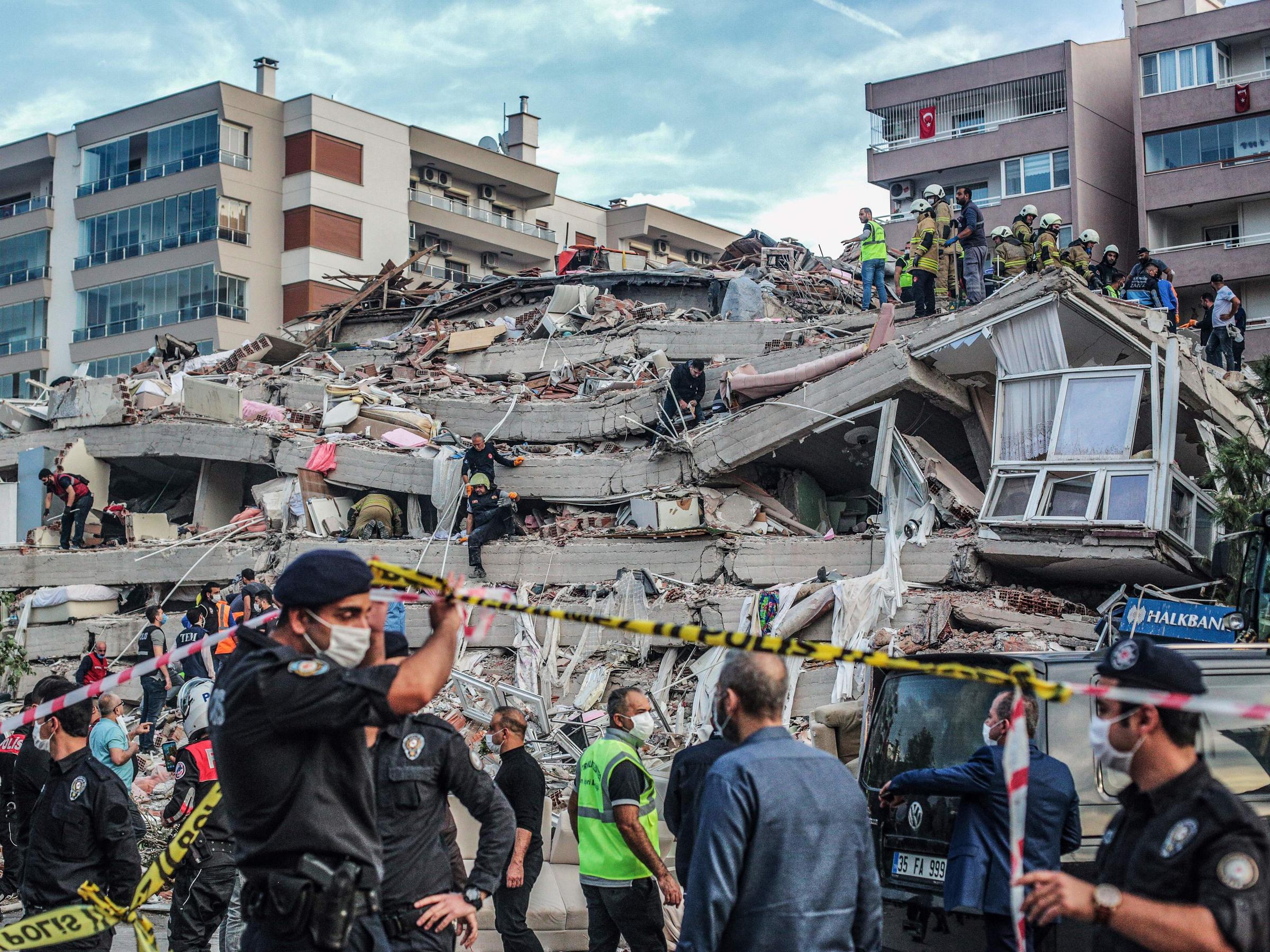Terrifying Earthquake Strikes NOW: Urgent Updates & Safety Tips!
An earthquake has struck, leaving a trail of destruction and chaos in its wake. The ground has shaken violently, causing widespread panic and concern. If you are reading this article, it is likely that you are looking for information on how to stay safe during and after an earthquake. Whether you live in an earthquake-prone area or are visiting a region with a high risk of seismic activity, it's essential to know what to do in case of an earthquake.
Earthquakes can be devastating, but with the right knowledge and preparation, you can minimize the risks and stay safe. In this article, we will provide you with the latest updates on the earthquake, as well as essential safety tips and guidelines to help you navigate this challenging situation.
Understanding Earthquakes
An earthquake is a sudden, rapid shaking of the ground that can cause damage to buildings, infrastructure, and the environment. It is caused by the movement of tectonic plates in the Earth's crust, which can release massive amounts of energy in the form of seismic waves. These waves can travel at speeds of up to 14,000 km/h, causing widespread destruction and loss of life.
Types of Earthquakes
There are several types of earthquakes, including:
- Tectonic earthquakes: These are the most common type of earthquake and are caused by the movement of tectonic plates in the Earth's crust.
- Volcanic earthquakes: These are caused by the movement of magma and gas beneath a volcano.
- Collapse earthquakes: These are caused by the collapse of underground caverns or voids.
Characteristics of Earthquakes
Earthquakes can be characterized by their intensity, duration, and type. The intensity of an earthquake is measured on the Richter scale, which ranges from 0 to 10. The duration of an earthquake is the length of time that the shaking lasts, which can range from a few seconds to several minutes.
Earthquake Intensity
The intensity of an earthquake is measured on the Richter scale, which is a logarithmic scale that measures the magnitude of the seismic waves. The Richter scale ranges from 0 to 10, with higher numbers indicating greater intensity. The intensity of an earthquake can be described as follows:
- Minor: 0-2.9 on the Richter scale, causing minimal damage
- Light: 3-4.9 on the Richter scale, causing some damage to buildings and infrastructure
- Moderate: 5-6.9 on the Richter scale, causing significant damage to buildings and infrastructure
- Strong: 7-8.9 on the Richter scale, causing widespread damage and destruction
- Major: 9-10 on the Richter scale, causing catastrophic damage and loss of life
Earthquake Safety Tips
While earthquakes can be unpredictable, there are several safety tips that can help you minimize the risks and stay safe. These include:
- Drop, Cover, and Hold On: This is the most effective way to protect yourself during an earthquake. Drop to the ground, take cover under a sturdy piece of furniture, and hold on to it to prevent being knocked over or pulled away.
- Practice Earthquake Drills: Knowing what to do during an earthquake can help you stay safe. Practice earthquake drills with your family and friends to ensure that everyone knows what to do.
- Secure Heavy Furniture and Objects: Heavy furniture and objects can fall and cause injury during an earthquake. Secure them to the walls or floor to prevent them from falling.
- Stay Informed: Stay informed about earthquake risk in your area and sign up for emergency alerts to receive timely information.
Urgent Updates
Latest News
The latest news on the earthquake is that it has caused widespread damage and destruction in the affected area. Emergency services are on the scene, and rescue efforts are underway. The number of fatalities and injuries is still unknown, but it is expected to be significant.
Official Statements
The official statement from the government is that the earthquake is a natural disaster and that all necessary measures are being taken to respond to the situation. The statement also urged residents to remain calm and to follow all instructions from local authorities.
Disaster Relief Efforts
The disaster relief efforts are underway, with emergency responders, medical personnel, and other volunteers working to provide aid and support to those affected. Donations are also being accepted to support the relief efforts.
Conclusion
Earthquakes can be devastating, but with the right knowledge and preparation, you can minimize the risks and stay safe. By understanding the characteristics of earthquakes, knowing how to respond during an earthquake, and staying informed about the latest updates, you can navigate this challenging situation with confidence.
Stay safe, and stay informed.
Additional Resources
- American Red Cross: https://www.redcross.org/
- Federal Emergency Management Agency (FEMA): https://www.fema.gov/
- United States Geological Survey (USGS): https://www.usgs.gov/
Iradha
Mel Tiangco
Amariah Moralesd
Article Recommendations
- Rebecca Pritchard 2024
- Subhshree
- Noa Netany Roth
- Nateilver Net Worth
- Maligoshik Fans
- Mckinley Richardson Of
- Lisa Liberati
- Nikki Catsouraseathxplained
- Jackerman
- Idol


